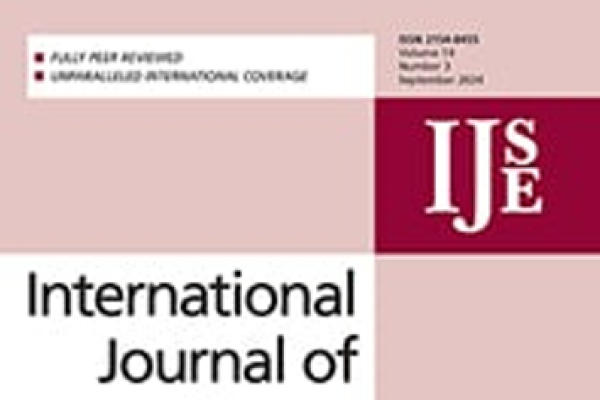
Nachtigall, V., Krug, M., Kracht, F., Mainka, C., Özcan, F., Reichenberger, S., Renner, G., Siegmund, D. (2024)
Scientists are increasingly required to communicate their research to the public despite lacking the necessary resources. We investigated whether scientists need to communicate their research themselves, through resource-intensive science communication videos. In an experimental study (N = 125) with a 2 × 2 design, we compared a professionally produced video with a non-professionally produced video and framed the science communicator either as a scientist or an influencer. The results reflect theoretical considerations regarding the unclear role of professionalization and personalization in the effectiveness of science communication videos, with participants in all four conditions gaining significantly more knowledge and changing their attitudes after watching the video. Thus, professionalism and personalization appear to play a subordinate role in the effectiveness of science communication videos. The findings further demonstrate that professionally developed videos are effective for knowledge acquisition if they are perceived as versatile and entertaining and the science communicator is believed to have a scientific background. In sum, the study contributes to evidence-based research on science communication videos and sheds light on prerequisites for their effectiveness.
International Journal of Science Education, Part B, 1–17
Nachtigall, V., Krug, M., Kracht, F., Mainka, C., Özcan, F., Reichenberger, S., Renner, G., Siegmund, D. (2024)
Scientists are increasingly required to communicate their research to the public despite lacking the necessary resources. We investigated whether scientists need to communicate their research themselves, through resource-intensive science communication videos. In an experimental study (N = 125) with a 2 × 2 design, we compared a professionally produced video with a non-professionally produced video and framed the science communicator either as a scientist or an influencer. The results reflect theoretical considerations regarding the unclear role of professionalization and personalization in the effectiveness of science communication videos, with participants in all four conditions gaining significantly more knowledge and changing their attitudes after watching the video. Thus, professionalism and personalization appear to play a subordinate role in the effectiveness of science communication videos. The findings further demonstrate that professionally developed videos are effective for knowledge acquisition if they are perceived as versatile and entertaining and the science communicator is believed to have a scientific background. In sum, the study contributes to evidence-based research on science communication videos and sheds light on prerequisites for their effectiveness.
International Journal of Science Education, Part B, 1–17